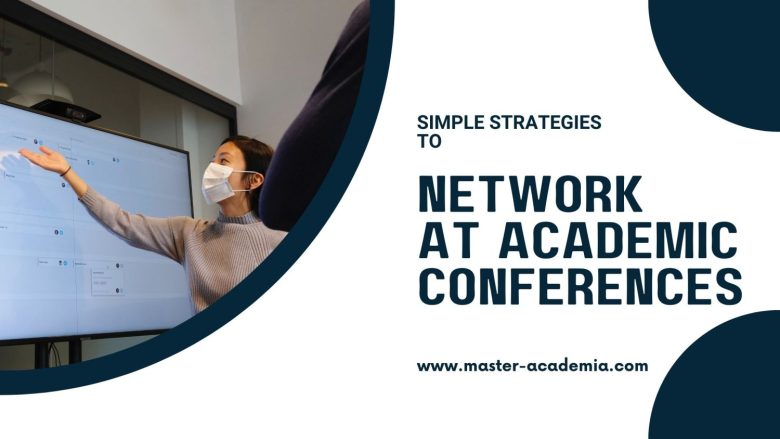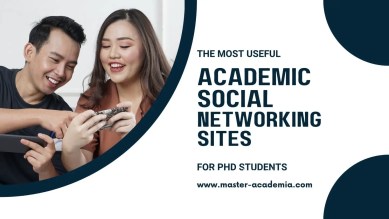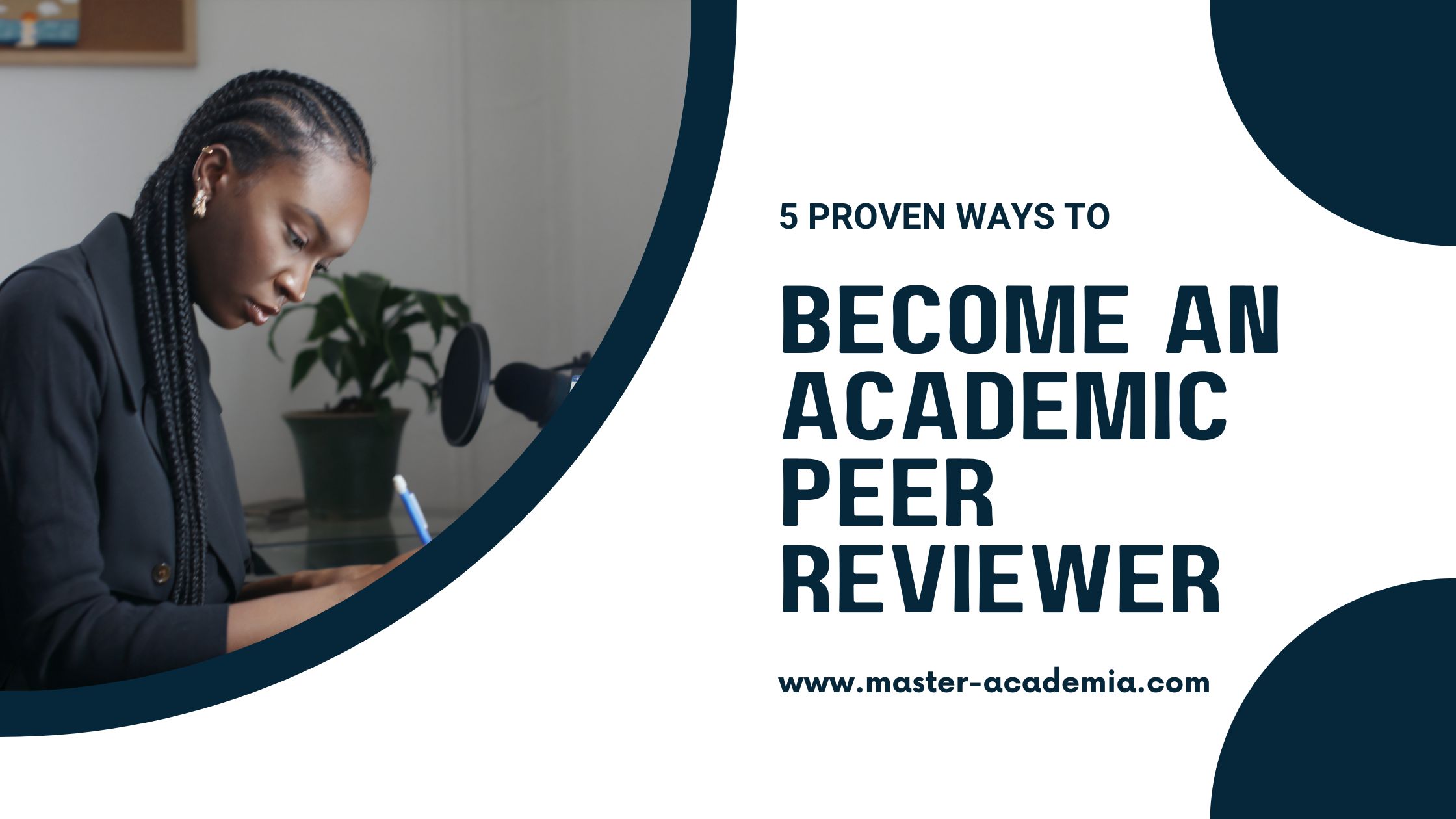
Networking at academic conferences can feel overwhelming. However, when you follow six simple strategies, networking at academic conferences is not as difficult as it may seem.
Contents
- #1 Networking by preparing a good conference presentation
- #2 Networking by connecting with other conference session or track presenters
- #3 Networking by joining the conference’s early career activities
- #4 Networking by connecting with your academic ‘heroes’ during academic conferences
- #5 Networking by attending the conference dinner
- #6 Networking by post-conference networking
#1 Networking by preparing a good conference presentation
It is easy to think that a conference presentation and networking have nothing to do with one another. This, however, is wrong as networking at academic conferences is mostly content-based.
When networking at an academic conferences, you are looking to connect with scholars working on similar research topics. Therefore, a memorable conference presentation of your research can build a good foundation to connect with other academics.
Conference presentations usually last between 10 and 30 minutes. Both published research and ongoing work can be presented. Other conference presentation formats include poster presentations, panel or roundtable discussions.
A well-prepared presentation will leave the audience with a good impression of yourself and your research. When you approach people after your presentation, there is a higher chance that they remember you, and are keen to collaborate.
So if you have no or little experience with public speaking, it is a good idea to practice your presentation in front of colleagues or friends beforehand.
You may also like: Strong academic networks through shared activities
#2 Networking by connecting with other conference session or track presenters
Most conferences operate in terms of sessions and tracks. Conference tracks are the broad themes of a conference. Sessions are more thematically-focused events within tracks, in which 3-5 academics tend to present their work.
When submitting a conference abstract, you often have to indicate in which session and/or track you want to present. If your abstract is accepted, this is a big benefit: you will be grouped with other academics who focus on similar themes and topics.
To network successfully at academic conferences, it is important that you don’t just run out of the room after your presentation! Instead, show your face and be present in your session and track.
Conference tracks often span different parts of the day, or even more than one day. Thus, academics who attend many presentations in the same track will start to recognize each other. This makes it much easier to start small-talk and connect.
Coffee breaks between conference sessions are informal mini-networking events. Don’t be shy and talk to the person sitting next to you. Or approach another presenter, compliment them on their research or ask a follow-up question.
#3 Networking by joining the conference’s early career activities
Most conferences organize special activities for PhD students and other early career researchers. Sometimes, these are special sessions for early careers to present their work. Other times, they are purely networking events or targeted sessions on – for instance – academic publishing.
Participating in these kinds of activities is beneficial. They can be useful content-wise. But they can also be useful to meet others who are at the same career stage as you are.
Conferences can be huge and disorienting. Meeting others who may also feel lost, is comforting and part of successful networking: You can learn from each other, share experiences and discuss your research in a more informal setting. Sometimes, conference ‘buddies’ can even turn into lifelong (academic) friends.
Furthermore, you and other early career scholars will move on with their careers. This can involve climbing the academic ranks, or embarking on careers outside of academia. In any case, establishing meaningful connections are always an advantage, as you never know what the future holds.
#4 Networking by connecting with your academic ‘heroes’ during academic conferences
Every conference has a few star-academics: the stars or heroes of your academic discipline. Not only is it at times very funny to see these people in real life. You may also want to connect with them.
Connecting with your academic ‘heros’ is not an easy task but also not impossible. It is important to make sure you connect with them in an appropriate manner though.
Keynote speakers, for instance, are approached by many people. If they cannot even take a breath or briefly sit down for a cup of coffee, this can be quite annoying for them. Therefore, before talking to someone, make sure that the timing is appropriate. Furthermore, you should have something interesting to say, instead of just complimenting their work.
Established academics who present in a conference session are generally easier to approach. Attend their session, watch their presentation, and potentially ask a smart question during the Q&A.
After the presentation or during the coffee break, you can approach your academic hero and introduce yourself. If you have a nice conversation, make sure to follow the post-conference networking guidelines below.
#5 Networking by attending the conference dinner
Frankly, conferences can be socially exhausting. Especially for introverts. Therefore, many early career researchers skip the conference dinner and similar social events. However, before deciding to skip the conference dinner, think twice!
Networking at academic conferences often happens outside of the formal program. Often, conference dinners and similar social events are where real connections are made.
As a master’s or PhD student, you may feel uncomfortable networking. Or even feel like you don’t belong. It is okay to feel that way, but you do belong! And as many disciplines are ‘small worlds’, it is important to show up.
If you know someone more senior, maybe your supervisor or a colleague from your department, ask if you can join them at the conference dinner. (Or any other social event for that matter). They will have their networks already, and can introduce you to new people. Additionally, you will feel more comfortable with familiar faces around yourself.
If you don’t know anyone, be proactive and ask someone who seems friendly from an early career activity or your conference session to attend the conference dinner together. There is a high chance that the other person is relieved that you asked, as they may feel similarly anxious. And you do not have to show up alone.
#6 Networking by post-conference networking
The conference is over and you are back home. What a crazy, inspiring and exhausting few days! But it does not end here. There is one last thing you should do a few days after the end of the conference: Connect!
Post-conference networking is an important part to create lasting connections: Connect with your fellow session and track presenters on LinkedIn, follow them on Twitter or connect with them on any other academic platforms.
When you connect with someone online after a conference, don’t just send a connection request. Instead, add a line or two reminding the person where you met exactly (which track, which activity), compliment their work and say that you would like to keep in touch.
In some cases, it is also smart to write an email. Imagine you had an engaged discussion with someone about a specific theoretical framework. Send the person an email which includes one of your publications, if you have some. Or send them a brief description of your PhD. Or an interesting article that you came across that fits the discussion you had.
Keep your communication friendly and kind, but short. Do not put pressure on the receiver to reply (immediately). Start the conversation, and clarify that you are interested in staying in touch and exchanging research findings in the coming months.



